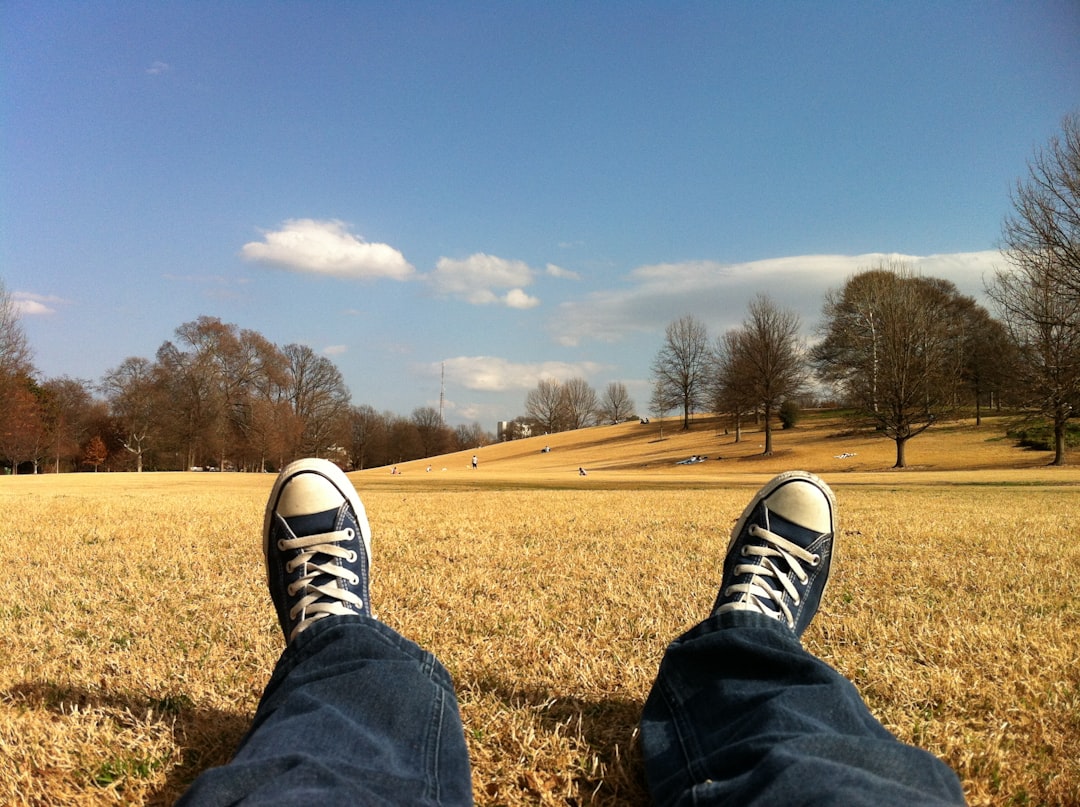Rest Before You Sprint
A reminder that resting and recharging is good for you and for your work.

The end-of-week post is normally reserved for paid subscribers, but I decided to share this important and timely reminder with everyone!
Next week marks the "fall break" for my university, a rather peculiar timing for a respite considering that when we return, it will be the final week of the semester. The rationale behind this break lies in the Thanksgiving holiday, traditionally observed on Thursday, with the majority also taking Friday and, in some cases, even Wednesday off. Last year, my university decided to extend the break to a full week.
What I've observed among many of my colleagues and students is their intention to utilize this “break” to make progress on work we haven’t been able to finish during the semester. It makes sense that this would be the inclination because there are so many projects and deadlines right after we return.
Of course, if that is how you choose to use the time “off,” then you do you. We often harbor guilt for working too much and guilt for not working enough, so I’m not here to add any fuel to either flame.
But if you are feeling burnt out, take into account the potential benefits of a break, both to your wellbeing and to your ability to accomplish your goals. When we feel stressed about getting work done, our inclination is to work harder and longer, but the reality is that we work better after rest. After all, as I’ve argued in this post,
Imagine that you went outside and sprinted a mile as fast as you could. After the exertion, most of us would pause, gasp for air, drink some water, and take a leisurely stroll until we stopped sweating. This is a normal reaction to physical stress, especially for those of us who do not run.
Yet, we often expect ourselves to immediately do a research sprint after just having completed a teaching or classwork sprint. This an unrealistic expectation to place on our exhausted selves. We can't expect to run that sprint again without adequate rest. So, allow yourself to slow down and recover if you are tired from the semester. You'll need that rest if you plan on running that race again in January.
Alex Soojung-Kim Pang argues that we should consider work and rest as partners, not as adversaries. He writes,
“you cannot work well without resting well. Some of history’s most creative people, people whose achievements in art and science and literature, are legendary, took rest very seriously. They found that in order to realize their ambitions, to do the kind of work they wanted to, they needed rest. The right kinds of rest would restore their energy while allowing their muse, that mysterious part of their minds that helps drive the creative process, to keep going” (p. 2-3).
As I mentioned in my previous post, my hobby of Brazilian jiu jitsu is extremely relaxing for my mind after a long day at work. The mental focus it requires takes my mind away from the idea world and places it on a new puzzle I have to solve in the here and now. Pang's book demonstrates that engaging hobbies are essential for success in other intellectual and creative pursuits.
My example of rest is physical, but there are obviously many other relaxing activities to engage in, such as reading for pleasure, doing puzzles, playing music, and so on.
Personally, I’ll probably work Monday and Tuesday and then take the rest of the week off. I firmly believe that maintaining my ability to complete this semester strong requires a balance of rest, relaxation, and time away from work.
I timed the PNP online writing sprint for the week after the break on purpose so that many of my dear readers would be refreshed and ready to focus on their projects for the duration of the sprint. After all, you cannot expect to sprint successfully while mentally drained and physically exhausted.
So, if you will be on "break," I invite you to plan some time to rest before joining us for the online writing sprint November 27–December 1! You can find the information here. The event is flexible and based on SMART goals you set for yourself, so you can write as little or as much as you set out to that week. I hope you will join us!



